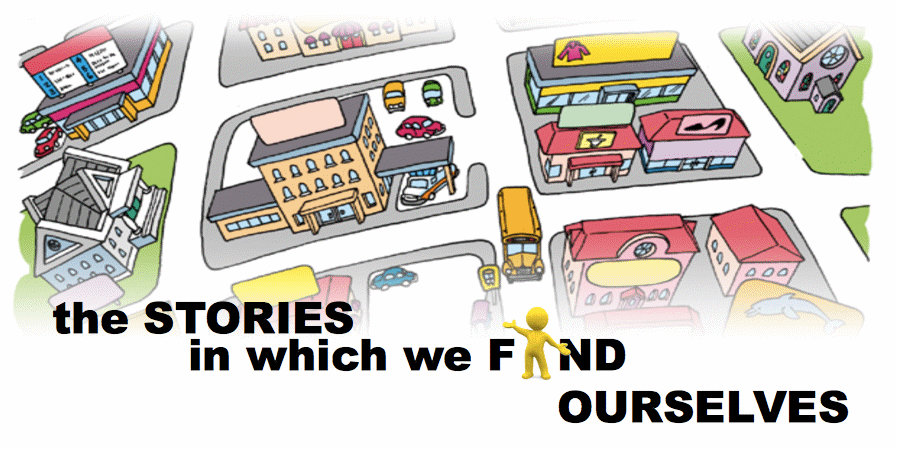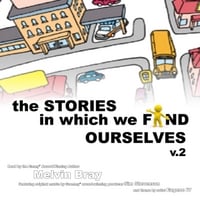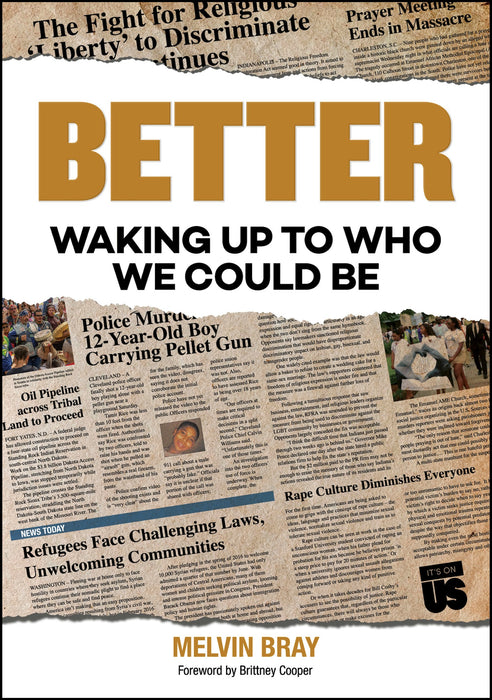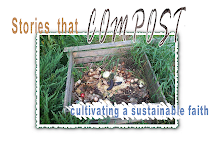With the inaugural Stories that Compost workshop (transFORM East Coast Gathering, 1 May 2010), I began to collect midrash on the biblical episodes I've been re-telling. The workshop was an amazing success thanks to Russell Rathbun, the co-facilitator, and the participation of nearly 30 intrepid souls, several of whom got up in the moment to tell their stories!
One of the most memorable moments for me was witnessing the reaction to Russell's declaration that the Bible's wonderful stories of faith--though useful, formative and important--are not precious. The astonishment which quickly melted into relief is a mental snapshot I shall never forget. Russell then assured everyone that, try as we might, we cannot break the Bible, which set everyone free to explore.
Then Russell read an excerpt from his new book Midrash on the Juanitos to help us understand the rich tradition of Judeo-Christian midrash in scripture:
"Idiot John continued... 'The rabbis, when they read, walk into the text. They bring themselves to it and step across the edge of the scroll onto its body, bouncing a little, believing it will hold their weight. And then on hands and knees crawl through the furrows of words, examining, brushing away dirt, not unlike a botanist examining growth patterns and evidence of the soil's mineral content, water content and whether there is deep clay below the cracks in the soil from which the words emerged. It is the cracks, the gaps, that allow them a way in. The Midrash is the exploration of the gaps. Stories and parables, proverbs and legal case studies come from mining these gaps. The text is changed by their having been there. There are footprints left behind, indentations, great hollowed out places and covered over, smoothed out portions. The tents of opposing camps are set in the text side by side. Conclusions leaned up against refutations, some decaying, some flourishing. Having once been a oral wisdom that required a speaker--and what is an individual speaker if not a unique interpreter--the text was not allowed to pass into stone, to become hardened, but was kept alive and fertile, even malleable. But with deep and unknown roots.'
My head hurt. 'What the hell are you talking about? Did you memorize that? Or do you just love your own metaphorical meanderings?'"
With that, we set to work on our own midrash based on Exodus 1. I completed perhaps 7 lines. However, in the same 7 minutes Russell composed this wonderfully incisive piece of flash fiction, full of his customarily eloquent mix of wry humor and critical analysis. In all the best ways I envy my brotha, and thank GOD for his company in this adventure.










